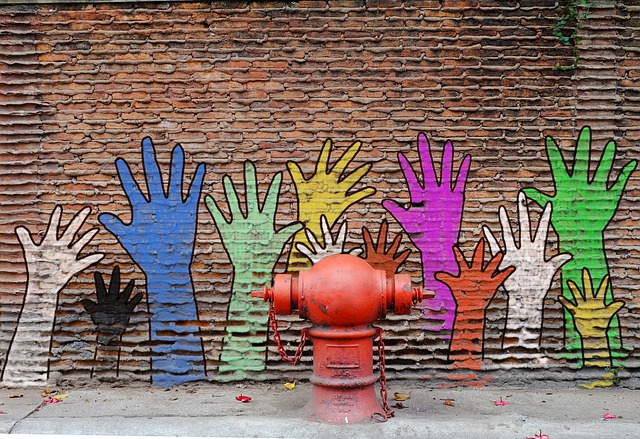I’m sitting on pins and needles, waiting to hear what people have to say about my first poetry collection Whistler of Petty Crimes. I fret a little, worried readers will find it too much about my personal life. Another concern: people who know my work, won’t read Whistler because it is poetry. And to that, I say: the book is a compilation of stories, most are lengthy—like good stories often are—and nowhere in the book do the lines rhyme. Some call it folk poetry, like folk music without the tune underneath. At any rate, I decided to wait no longer for others to speak. I, myself, have a few things to say about what makes this book a worthy read.
Depth and Complexity
Whistler of Petty Crimes is more than a collection of pretty words strung together. It has poignant emotional depth drawn from the experience and reflections of an elder, who is a woman to boot. As Whistler’s content has been inspired by my own life, it is one of a kind, and the collection of stories also serves as artistic memoir, revealing personal history about overcoming hardships, and, most importantly, intriguing details from life that shape my viewpoint and creative visions. Readers of all books are drawn to works that capture real life. It’s good to realize Whistler fits this preference.
Central Themes
Whistler of Petty Crimes offers an opportunity to reflect on topics at deep levels. My background in communications and psychology has given me valuable insights into life memories I share. Through reading my stories, people re-experience feelings and sensations from their own early days. This draws them into the narrative, so they might enjoy the story in greater depth. Three major unifying ideas run throughout Whistler: the innocence of youth, the internal turmoil of growing up, and the confusion brought by world events, like the pandemic.
Humanizing Authors—and Readers
People like to read books written by an author who is a person not so different from themselves. In Whistler of Petty Crimes, I don’t need to make that claim, yet, it comes through clearly. Poetry is the perfect way to bring human emotions to light. It is no accident that when the pandemic overrode the world, many writers across genres felt compelled to create—not in their ‘normal’ formats—but through poetry. The fear and isolation of the time were best captured in poems. No matter the period, poetry usually proves more emotional, and less rational. From beginning to end, Whistler highlights both feelings and depicted facts that captivate the mind, letting readers touch a broad spectrum of our shared humanity.
In Summary
I take great pride in my debut poetry collection, Whistler of Petty Crimes. I hope readers discover how relatable we are as we struggle and triumph in life. Most importantly, I want people to find the book a worthwhile investment of their time and thought. Based on comments so far, I’m certain at the end of Whistler’s pages, most folks take away a healthy does of unbridled joy.

